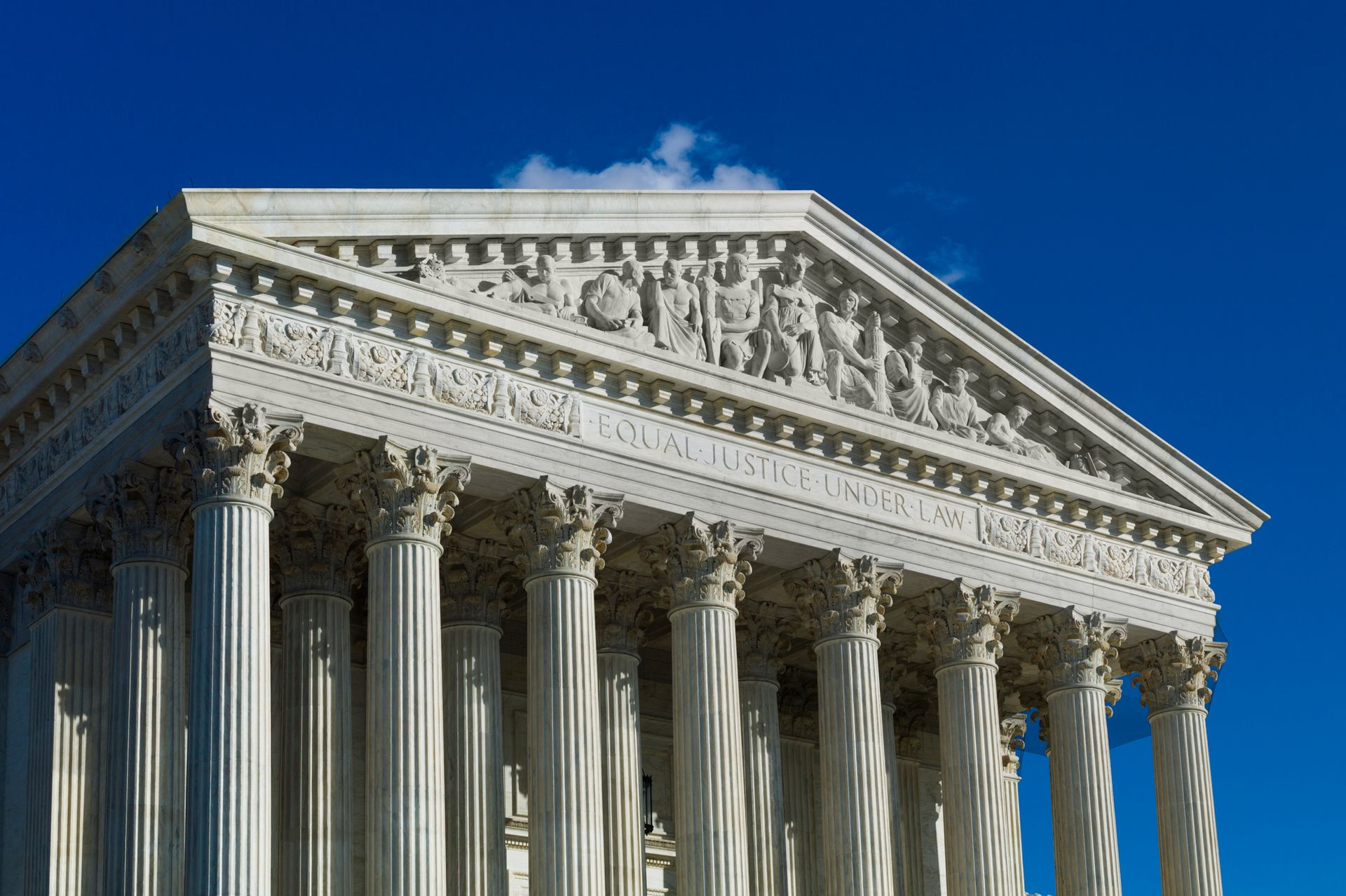
In State v. Whitaker, the Wisconsin Supreme Court held that a trial court judge properly sentenced a defendant when he was convicted of sexual abuse. Whitaker had argued that his Constitutional rights were violated when the circuit court discussed the need for the adults in the Amish community to effectively intervene to protect the girls in the community from sexual abuse.
Whitaker was convicted of repeatedly abusing his sisters over several years. He was sentenced to two years in prison and two years of home confinement. Whitaker's parents and other elders in the community knew about the assaults but did not stop them. When the judge sentenced Whitaker, he specifically mentioned the fact that the sentence was also intended to send a message to the Amish community and the elders.
Whitaker appealed his sentence, claiming that the judge’s comment violated his religious right to associate with the Amish community. Here, the Court reviewed the general sentencing factors to determine whether this statement actually had a nexus to a legitimate sentencing factor. So long as the consideration bears a reasonable relationship to a permissible factor, it would be proper.
The Judge’s Statement Related to General Deterrence and Protection of the Public
The Court found that the alleged improper factor had a nexus to valid considerations of general deterrence and protection of the public. The judge wanted to deter others in the Amish community from both committing sexual assaults and refusing to protect victims in the community from sexual violence. The judge wanted to prevent future assaults. The community's meaningful intervention directly relates to the sentencing goal of deterring similar crimes.
Similarly, the trial judge’s statement also related to the general protection of the public. The sentencing of an individual defendant can be aimed at protecting the overall community from the likes of the defendant. According to the Court, the judge acted properly within his discretion to protect girls in the community by addressing the failure to protect the victims in this case. The Court held that these were legitimate aims, and they had nothing to do with Whitaker’s religious beliefs.
Judges Do Not Have Unfettered Discretion with Sentences
Trial court judges have a large degree of discretion when they sentence a defendant. While they must consider certain factors, they are largely free to impose the sentence they believe to be right, so long as it is not excessive and they consider the proper factors. It is very difficult to challenge a sentence on appeal. The appellate courts generally do not overturn a trial court judge's decision unless they make an error. Nonetheless, you can potentially challenge a sentence when the trial court judge considers something improper.
Call an Eau Claire Criminal Defense Attorney
If you have been charged with a crime, you need an experienced attorney on your side from start to finish. Call the Cohen Law Offices today at (715) 514-5051 or send us a message online to discuss your case and learn about your legal rights.

